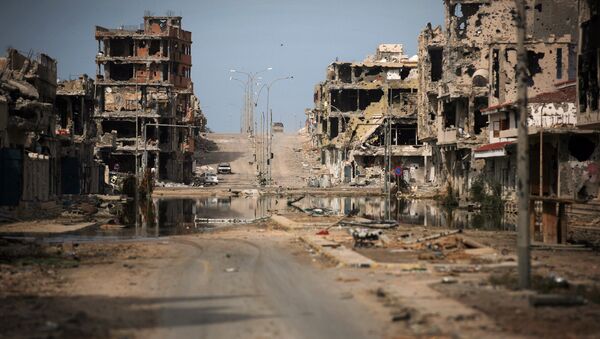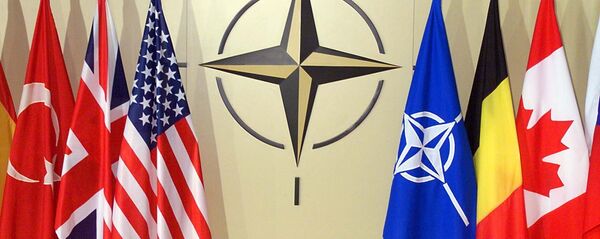"In 2011 the NATO alliance came to Libya as a united front, and then it started to support the warring parties in the east, west and south, supplying all these groups, raised on the February [2011] events, with arms. At the same time, NATO itself has not become divided, but it controls the conflict, not wanting for it to end," al-Dam said.
The alliance’s members have not yet completed their mission on Libya’s destruction, and continue to nurture the opposing groups to prologue the conflict, Al-Dam added.
The anniversary of the beginning of Arab spring, that became a continued bloody internal conflict for Libya, fell on February 17.
The civil war began in the country after Gaddafi was overthrown in 2011. In December 2015, Libya’s rival governments — the Council of Deputies based in Tobruk and the Tripoli-based General National Congress — agreed to create the GNA, to form the Presidency Council and to end the political impasse.
The intervention of the UN chief is needed to lift the unfair sanctions against the family of Muammar Gaddafi, Libyan leader overthrown and killed in 2011, Gaddaf Al-Dam said.
February 17 marked six years since the beginning of riots in Libya that grew into an armed conflict, which claimed thousands of lives.
"Saif al-Islam [the son of Gaddafi] is still incarcerated. Unfortunately, the unfair sanctions against him have not been lifted yet, as well as against his mother and siblings who did not even participate in the battles and had no ties to any political institutions… The intervention of the UN Secretary General is necessary to stop the unfairness," Gaddaf Al-Dam said.
Former leader's cousin said that Libya's armed forces, police and courts had to be restored, the prisoners should be freed and those who were forced into exile should be able to return.
According to Gaddaf, none of the government bodies currently operating in Libya represent the country in its entirety, so it was time to "build a new Libyan state for all Libyans without exception."
Gaddaf also stressed the importance of an impartial government that would not be made up of supporters of the events of February 2011 and noted that the reconstruction of the country could be managed without foreign political and military interference, which only aggravated the situation.
The creation of Libya's Presidency Council, following a 2015 agreement between two rival governments, brought some much needed stability, but the country still struggles with internal conflicts. It has also had to handle the influx of refugees which use Libya as a relay point on their journey to Europe.
Never miss a story again — sign up to our Telegram channel and we'll keep you up to speed!



